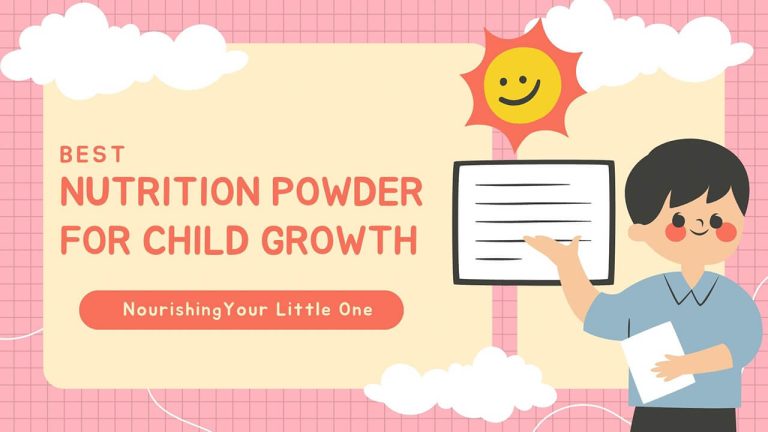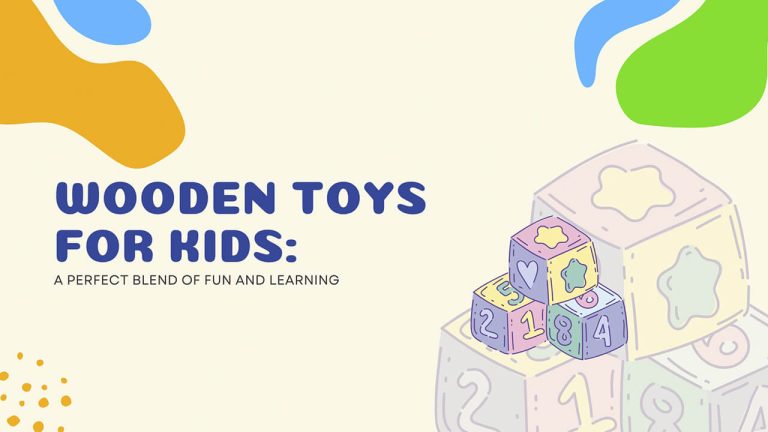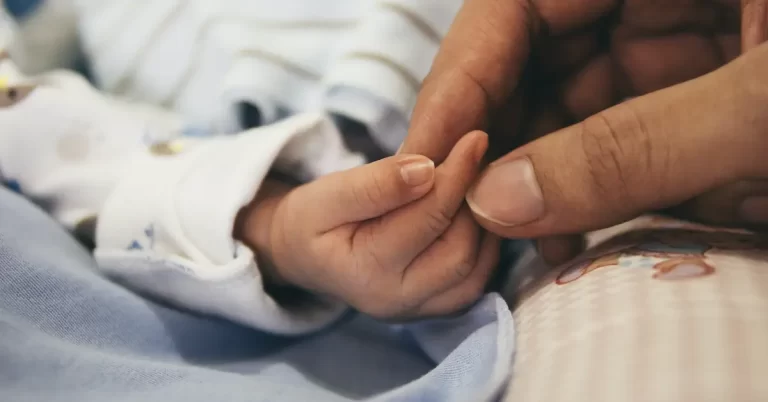Why wooden toys are better than plastic? You might say, what’s hard in it, right? Well, the answer is not that straightforward. Don’t worry This article will delve into reasons why wooden toys are better than plastic toys.
In contrast to the plastic-dominated toy market, wooden toys offer a timeless appeal and a sense of connection to nature. Children can enjoy engaging in high-quality play with wooden toys because they are safe and environmentally sustainable. Remember, as informed parents, it is crucial to make decisions that are in line with our values and benefit our children’s development. Let’s look at why wooden toys are the best option and see how much delight they can bring to parents and kids alike.
Table of Contents
- Benefits of Wooden Toys
- Concerns with Plastic Toys
- Developmental Benefits
- Checkout 5 Best Wooden Toys
- Conclusion
Benefits of Wooden Toys
Wooden toys offer a variety of advantages that set them apart when the comparison is made between wood and plastic. To choose the right toys for our children, parents need to recognize these benefits. Let’s look at the reasons why wooden toys are superior to plastic and the significant advantages they offer to play and development for our kids.
Firstly, Safety
The safety of the toys that kids play with is one of the main worries for parents. The absence of toxic chemicals makes wooden toys superior in this regard. Certainly, Natural materials and harmless coatings used in wooden toys provide peace of mind. This guarantees that your children will play in a secure and healthy setting.
Secondly, Durability and Longevity
If you think about durability then plastic toys don’t even come closer to wooden toys. They can tolerate hard play and drops without losing their appeal or usefulness. Because of their durability, toys become slightly less replaced and can be passed down to younger generations, making them a smart investment. Wooden toys that survive a long time can be passed down and help lessen the need for replacements.
Thirdly, Open-Ended Play and Creativity
Wooden toys promote open-ended play. This is valuable for children’s cognitive and creative development. They spark the mind and open the door to countless possibilities. Wooden toys enable limitless imagination, whether it is through block construction, doll storytelling, or puzzle solving. This helps critical thinking and problem-solving independence.
In addition, Environmental Friendliness
Choose toys with a less ecological footprint as parents who care about the environment. This is an area where wooden toys flourish. Typically, they are constructed out of renewable wood that has been sourced sustainably. Additionally, because wooden toys decompose naturally, they don’t add to the mounting issue of plastic waste. You are consciously choosing to save the environment for future generations by choosing wooden toys.
Lastly, Developmental Stimulation of The Senses
The tactile and sensory appeal of wooden toys captivates a child’s senses. Fine motor abilities, hand-eye coordination, and spatial awareness are all developed thanks to the inherent weight, texture, and warmth of wood. Children develop their motor coordination and dexterity by using wooden toys, laying a solid basis for their general physical growth.
In conclusion, wooden toys are superior to plastic toys due to several of advantages they provide. They are the best option for knowledgeable parents due to their inherent safety, durability, eco-friendliness, and developmental advantages. By choosing wooden toys, you give your kids a fun, safe, and environmentally responsible way to play that promotes their development and overall wellbeing.
Concerns with Plastic Toys
Although plastic toys have long dominated the toy market, informed parents should be aware of some legitimate concerns. It is easy to see why wooden toys are preferable to their plastic counterparts when contrasting them. In order to better appreciate why choosing wooden toys is a better choice for your child’s growth and well-being, let’s examine the specific issues with plastic toys.
Firstly, Chemical Exposure:
Plastic toys often contain harmful chemicals such as phthalates, BPA, and lead. Children who put toys in their mouths or play with them for an extended period of time may be exposed to these chemicals, which pose health hazards. In contrast, wooden toys are typically free from such harmful materials, giving kids a safer play experience.
Secondly, Environmental Impact
One of the sources of plastic pollution is plastic toys. Many non-recyclable plastic toys end up in landfills where they take hundreds of years to degrade. On the other side, wooden toys are more environmentally beneficial. As we know, wooden toys build with renewable resources that decompose quickly.
Thirdly, Durability and Longevity
Plastic toys typically have a short lifespan because they are fragile and easily breakable. This leads to frequent replacements and increases waste production. The lifespan and strength of wooden toys, on the other hand, are well known. They are durable enough to resist rigorous play, unexpected drops, and wear and tear.
Fourthly, Limited Imaginative Play
Plastic toys frequently have predetermined roles to fulfill and little play options. They give kids little room to use their imaginations and ingenuity. Wooden toys, on the other hand, promote unstructured play, letting kids use their imaginations and develop critical thinking skills. Building structures out of blocks, telling stories with dolls, and completing puzzles all foster creativity and problem-solving skills in children.
Lastly, Lack of Sensor Experience
The sensory pleasure that wooden toys offer is lacking in plastic toys. As a result of engaging a child’s senses and fostering their sensory development, wooden toys have a natural texture, weight, and warmth. Children’s fine motor abilities, hand-eye coordination, and spatial awareness are all enhanced by the tactile feel of wooden toys.
Finally, there are legitimate worries about plastic toys, ranging from chemical exposure to environmental effects and constrained playtime. You may allay these worries and give your child a safer, more environmentally friendly, and more educational play experience by choosing wooden toys. Wooden toys are better for your child’s health, the environment, and their general development, so make an informed decision and choose them.
Developmental Benefits
For developmental reasons, wooden toys are far preferable to plastic ones. In this section, we will get to know how wooden toys promote cognitive, physical, and social-emotional development in children. Let’s explore the benefits of wooden toys for children’s development and well-being.
Cognitive Development
Wooden toys promote problem-solving, critical thinking, and spatial awareness, which enhances cognitive abilities. Building with wooden blocks improves logical reasoning and spatial reasoning, while puzzles encourage cognitive flexibility and strategic planning. Children can exercise their brains and build critical cognitive abilities that create the groundwork for future learning by playing with wooden toys.
Fine Motor Skills
Fine motor abilities and hand-eye coordination can be improved with wooden toys. Manipulating little wooden pieces, such as fitting puzzle pieces or blocks together, strengthens hand muscles and increases dexterity. These same motions aid in improving penmanship, self-care skills, and general fine motor control.
Imagination and Creativity
Wooden toys stimulate children’s imaginations and foster inventiveness. Unlike plastic toys, they provide opportunities for open-ended play and imaginative storytelling. Children are inspired to think creatively, explore unconventional ideas, and develop their storytelling skills. Whether it’s using wooden dolls to bring stories to life or constructing elaborate structures with blocks, wooden toys ignite imaginative play and encourage children to unleash their creativity.
Sensory Stimulation
Wooden toys provide a multi-sensory experience that appeals to all the senses. Plastic toys frequently lack a tactile and sensory appeal due to the artificial weight, texture, and warmth of wood. This sensory stimulation promotes sensory integration, fosters the growth of sensory processing abilities, and heightens overall sensory awareness.
Lastly, Social-Emotional Development
Toys made of wood encourage social interaction and emotional development. Children gain important social skills like sharing, taking turns, and cooperating when they play together with wooden toys like building with them or playing with dollhouses. As they play imaginatively and act out scenarios, youngsters can express their emotions and learn empathy through the use of wooden toys.
In conclusion, wooden toys offer greater developmental advantages than plastic ones. They support children’s social-emotional development, inventiveness, fine motor skills, and sensory stimulation. Wooden toys help your child develop in all areas by giving them a foundation for engaging play and exploration. With the knowledge that wooden toys provide exceptional developmental advantages for your child’s growth and learning, select them with confidence.
Checkout 5 Best Wooden Toys
Certainly, You get to know Why Wooden Toys Are Better Than Plastic? Now, you might think that what are the toys you should buy next, right? Don’t worry here is a list of 5 toys and you can also find this helpful when you are going to buy wooden toys.
Conclusion
In conclusion, the overwhelming weight of the evidence points to the superiority of wooden toys over those made of plastic. Parents that are informed are aware of the many advantages wooden toys have for their children’s playing, growth, and well-being.
Toys made of wood are safer since they lack the dangerous chemicals that are frequently found in plastic toys. Parents can choose wooden toys with confidence, knowing that their kids won’t be exposed to any potentially harmful materials.
In addition, because they are composed of renewable and sustainable materials, wooden toys are environmentally beneficial. Wooden toys are biodegradable and do not burden the environment with non-recyclable materials, in contrast to plastic toys, which add to the problem of plastic waste that is only becoming worse.
Parents who are well-informed realize that selecting wooden toys is a deliberate choice that puts their children’s health, growth, and environmental protection first. They give their kids high-quality play opportunities that foster their imaginations, abilities, and general development by choosing wooden toys for their toys.




